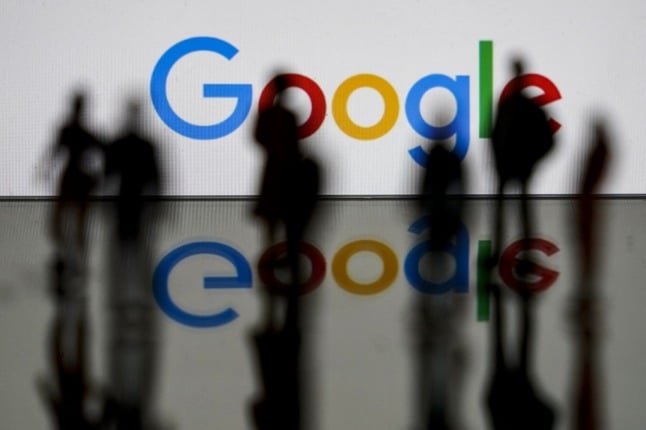On Monday, art director Gustav Egerstedt of the Saatchi & Saatchi ad agency started a nearly five-month absence to go on parental leave.
In an attempt to generate some revenue from Egerstedt’s extended time away from the office, the agency agreed to sell space on the art director’s out-of-office email to the B-Reel production company.
“This out of office autoreply is brought to you by B-Reel,” Egerstedt’s out-of-office reply reads.
“Gustav Egerstedt is on paternity leave and has sold his out of office space to B-Reel, the world’s leading digital production company.”
Saatchi & Saatchi copywriter Petter Dixelius told The Local that the agency first thought of the idea when planning for his colleague’s extended leave.
“We realised that on out-of-office message is a unique way to reach a niche audience,” he said.
According to Dixelius, Egerstedt likely receives “hundreds” of emails a day and selling ad space on his out-of-office reply is an “ingenious” and “simple” way to reach a targeted group.
Saatchi & Saatchi is hoping to expand the service by developing a web-based auction site where people could sell space on their out-of-office email to the highest bidder.
“We registered a domain last week and are now developing the site,” said Dixelius.
He explained that commercial considerations for the new site, expected to be launched before summer, weren’t the primary rationale behind the site.
“We haven’t even started thinking about that yet,” he said, when asked about how potential revenues would be divided.
Rather, it’s about developing a service that allows people deliver a message to a select audience.
“The message and target group will likely differ depending on what industry you are in,” he said.
“An engineer, for example, might be of interest to different companies [than an advertising executive would be].”
The out-of-office auction site would be open to companies as well as individuals, said Dixelius.
“A job seeker, for example, could pay a fee to get the attention of relevant people in their industry,” he said.
He added that people could also opt to use their out-of-office messages to promote the charity of their choice.
In addition, users will able to approve company or individual has the highest bid before a message is attached to their out-of-office reply.
“If I’m going to be out of the office, I may not be so excited about message projected by having my out-of-office message sponsored by Viagra, for example,” Dixelius said with a laugh.


 Please whitelist us to continue reading.
Please whitelist us to continue reading.
Member comments